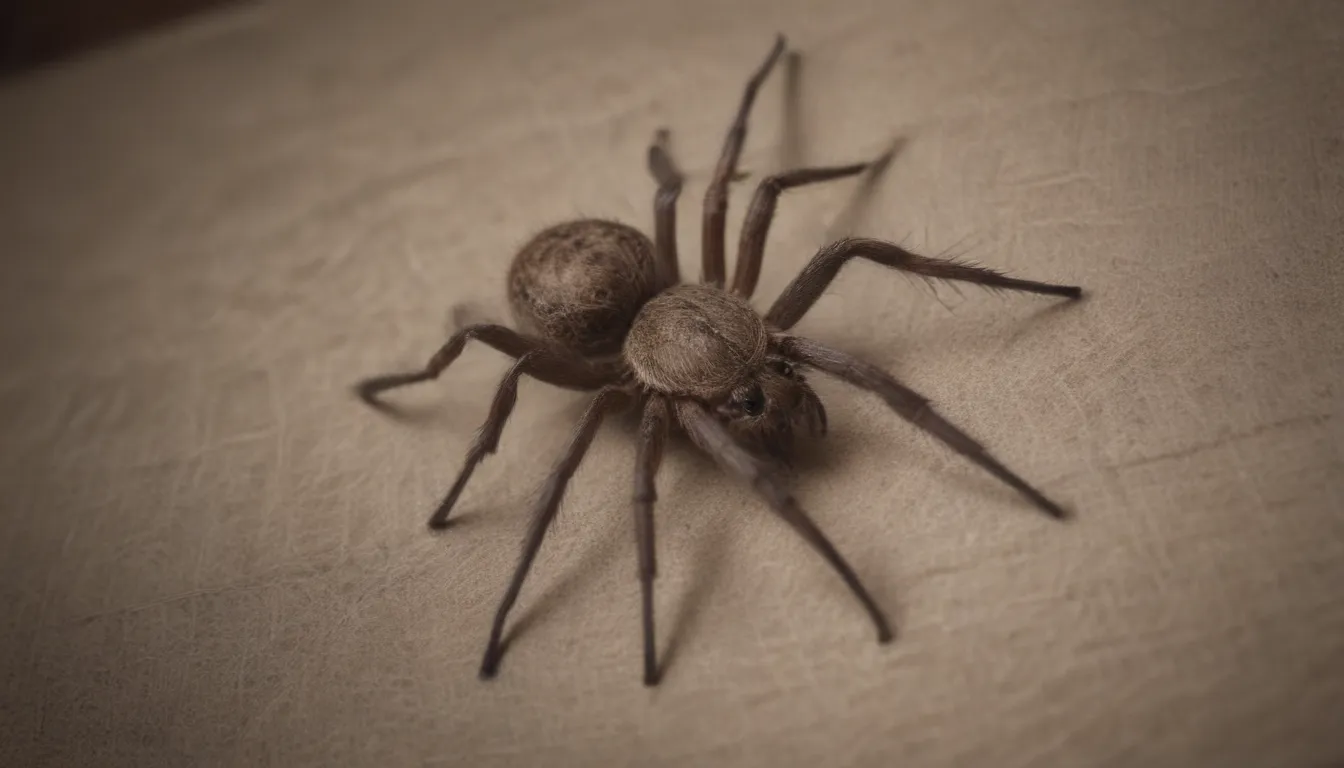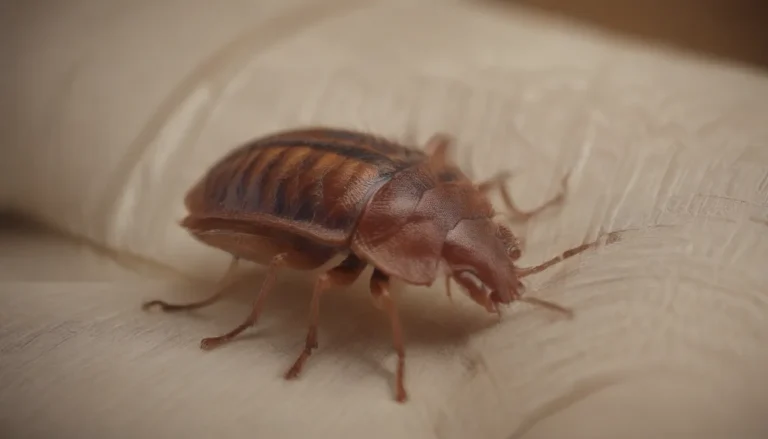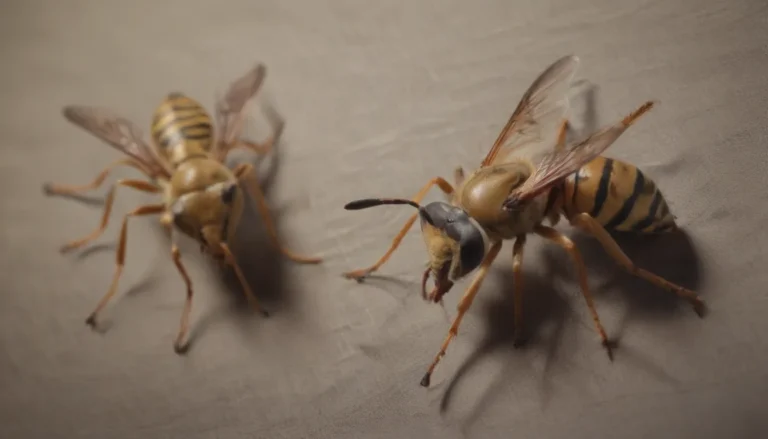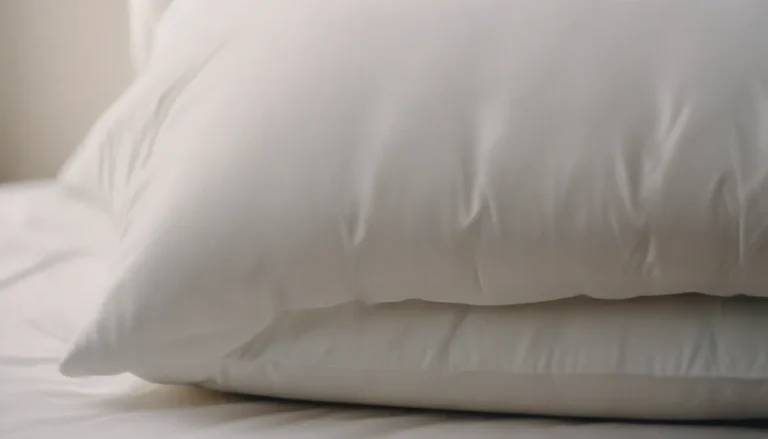The Ultimate Guide to DIY Spider Repellents for a Spider-Free Home

Are you tired of unwelcome eight-legged visitors in your home? If spiders give you the heebie-jeebies, fear not! In this comprehensive guide, we will explore top-tier DIY spider repellents that are safe, effective, and pet-friendly. Say goodbye to harsh chemicals and hello to a naturally pest-free home!
Understanding the Importance of Natural Spider Control
When it comes to pest management, spiders often take the top spot on the list of concerns for homeowners. However, before you embark on a quest to eradicate every spider in sight, it’s crucial to understand the delicate balance of the natural ecosystem. By eliminating spiders entirely, you may unknowingly invite other pests like mosquitoes and flies to take their place.
Effective spider control doesn’t mean wiping out every arachnid in your vicinity. It’s about maintaining a harmonious balance that allows spiders to coexist with humans without causing an inconvenience. With the following DIY repellents, you can create a spider-free environment without resorting to harmful chemicals.
5 All-Natural, Pet-Safe DIY Repellents to Keep Spiders Out of the House
To successfully repel spiders from your home, it’s essential to set realistic expectations. While peppermint oil and other common solutions may offer temporary relief, a more holistic approach is needed to achieve long-lasting results. Keep in mind that seeing the occasional spider is a sign of a healthy ecosystem, but an infestation calls for action.
Method #1: Turn off Your Lights
Spiders thrive on insects attracted to light sources during the night. By turning off interior and exterior lights, you can make your home less appealing to both spiders and their prey. This simple step can significantly reduce spider activity in and around your home.
Method #2: Keep an Eye on the Flies
Flies are a common food source for spiders, so addressing fly infestations is crucial. Look for sources of flies like animal waste, compost, and kitchen debris, and take steps to eliminate them. A fly-free environment reduces the spider population naturally.
Method #3: Block Them Out
Sealing entry points is key to preventing spiders from infiltrating your home. Check doorways, window frames, and baseboards for any gaps and seal them with caulk or steel wool. By creating a barrier, you can effectively keep spiders at bay.
Method #4: Perform Regular Spider Sweeps Outside
Regularly sweeping away spiders, webs, and egg sacs from the exterior of your home is essential for long-term spider control. By disrupting their breeding grounds, you can deter spiders from setting up camp near your house.
Method #5: Use the Vacuum Inside
When spiders make their way indoors, a vacuum can be your best friend. By removing spiders promptly, you can prevent infestations and reduce future populations. Consult with a pest professional if DIY methods aren’t yielding the desired results.
Are Spiders in the House Dangerous?
Contrary to popular belief, most house spiders are harmless and play a vital role in controlling insect populations. While venomous spiders do exist, they are typically reclusive and avoid contact with humans. By practicing caution and maintaining a clean environment, you can coexist with spiders without fear.
What Spiders Are Commonly Found Inside?
Common house spiders may include species like the common house spider, daddy long-legs, and cellar spiders. While these arachnids may seem intimidating, they pose no real threat to humans and are beneficial for pest control. Embracing their presence can actually enhance your home’s ecosystem.
Separating Fact from Myth: Natural Spider Repellents
As you embark on your journey to create a spider-free home, it’s essential to distinguish between fact and myth when it comes to natural spider repellents. By arming yourself with accurate information, you can effectively combat spider infestations while promoting a healthy environment for both humans and spiders.
In conclusion, DIY spider repellents offer a safe and environmentally-friendly solution to household spider problems. By implementing these all-natural methods, you can enjoy a spider-free home without compromising the ecosystem. So, next time you spot a spider lurking in the corner, remember that a harmonious coexistence is possible with the right approach. Happy spider-proofing!
References:
– National Library of Medicine
– University of Kentucky College of Agriculture, Food and Environment
– NPR





